“I learned a long time ago that we’re all connected by many of the same experiences walking the planet, because we’re women.”
Karen Sugar always felt compelled to make a difference. She’d worked with women and poverty issues for years, but after learning about micro-finance in grad school, she felt sure she could expand her reach. She describes micro-finance as “providing very small loans to people that don’t have access to traditional banking and loan intervention.”
But where could this approach have the most impact? When she heard about a post conflict region in Uganda, the decision finalized and the Women’s Global Empowerment Fund (WGEF) was born.
Africa just wasn’t getting the attention that other locations were, and they’d been through hell. The Lord’s Resistance Army (LRA) had just ended its long reign of terror in the region, which included the abduction of children to be used as soldiers and sex slaves. That conflict ended in 2007, and the region is now in full recovery.
The changes since have been exponential, and the word “empowerment” is in the organization’s title for a reason. Empowerment is being delivered and sustained! WGEF to date has given out over 17,000 loans to women borrowing groups without a single default, and 572 women are now serving in leadership positions. They’re owners of restaurants, hotels, beauty shops, farms, you name it, and their daughters are following suit.
I did ask if there’d been cultural resistance to the changes, or if men, in particular, had been angered.
“In the beginning, there’s often push back when a woman enters any empowerment program, depending how culturally conservative her community is, but the longer and more successful she is, the more acceptance and change that happens. That’s definitely the case for us.”
And helping to micro-finance the endeavors of these women is only the start. They’ve also had 4,600 literacy participants and their Healthy Periods Initiative (HPI) continues to amaze. Prior to its inception, pads were either non-existent or unaffordable. As a result, girls were using rags, newspapers, and even leaves, making it impossible to go to school. The only option was to quit.
“It’s a human rights issues, and it’s about dignity.”
Thanks to HPI, a machine has been purchased that produces sanitary napkins. They’re locally made and sourced, and, through the initiative, WGEF has dispersed 3.5 million pads to 16 schools and three refugee camps over the last 2.5 years.
“This is changing girls lives, and it’s not rocket science. We want to keep girls in school longer, reducing child marriage and giving them the opportunities they desire and that they deserve.”
The contribution that Karen and her organization are making is phenomenal. Yes, one person can make a difference, but changing the world requires help. WGEF needs funding in order to fund, and Karen needs a community.
“I need some good sisters around me. I cannot do this on my own.”
If anyone knows what it means to be surrounded by a faith filled sisterhood, Karen Sugar does, but the more the absolute merrier and the greater the impact.
Oh, and she’s planning a trip to Uganda in April. Contact her below if you’re interested in seeing WGEF’s work firsthand.
Thanks, Karen, for all you do!
Karen’s inspiring interview can be heard HERE.
It’s also available on iHeart Radio, Apple Podcasts, Google Podcasts, Stitcher and Spotify.
